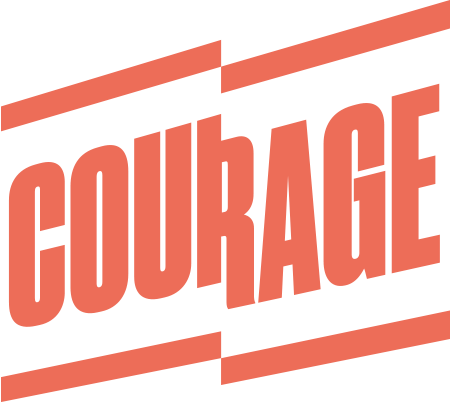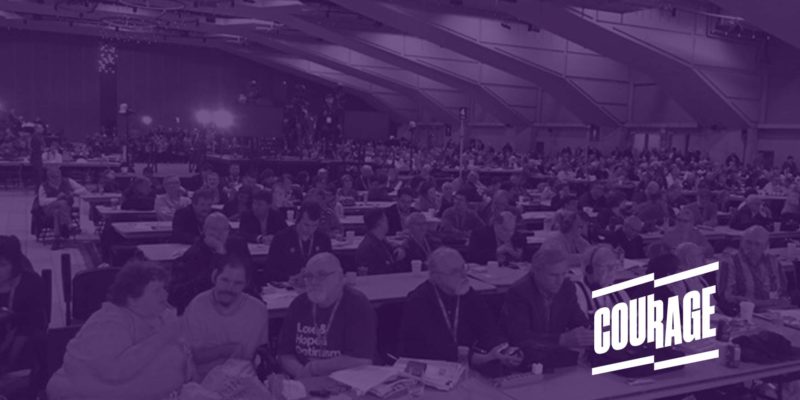The Poverty of the NDP’s Democracy in February 2018
It’s right there in the name of the Party, but democracy has been a problem for the NDP lately. These difficulties have been thrown into relief in the leadup to the Party’s biannual convention, taking place in Ottawa this weekend.
In 2018, here’s how the NDP’s democracy at Convention works.
- Riding associations vote to endorse resolutions.
- Those resolutions were then sent to the National Director (until recently Robert Fox; currently Melissa Bruno).
- The National Director decided the order in which the resolutions would be considered, in some key instances changing their titles.
- Some members of Federal Council (and a few others) selected by the National Director then had the opportunity to provide feedback, which the National Director could integrate or not, as they saw fit. The result is this file.
- Delegates will gather in a room first thing in the morning on the first day of convention to vote on changes to the order.
- As many as 10 from each of seven categories of resolutions are debated and voted on on the convention floor, and it’s often as low as five.
Here are some of the results of this democratic process:
- The Palestine Resolution, which received at least 28 endorsements from riding associations and backing from both party activists and elected officials, was ranked #37 out of 45 resolutions in order of consideration, and given the snarkily non-descript title “Peace in the Middle East 1”. For comparison purposes, the top 10 resolutions selected in the same category (“Redefining Canada’s Place in the World”) had a combined total of 17 endorsements.
- The Free Education and Guaranteeing the Treaty Right to Education Resolution, which was endorsed by at least 33 riding associations (as well as CUPE national and CUPE Ontario), was ranked #18 out of 82 resolutions in the “Investing in a Canada where no one is left behind” category. The top ten resolutions in that category had a combined total of 15 endorsements, and the resolution received the distinctly indistinct title “Post-Secondary Education”.
- The Internal Democracy Resolutions were ranked #14, #28, and #43 out of a total of 49 despite receiving over 10 endorsements, and several other resolutions that attempted to address the same issues (lack of democracy, federal staffers overriding local decisions) were also ranked low.
- Two attempts to fix (and democratize) this terrible system through a pre-convention online ranking system (titled “7-42-18 Resolution Ranking via Digital Secret Ballot” and “7-45-18 Modernization and Democratization of Convention Resolution Process”) were ranked #42 and #45 out of 49 in the same “Building our momentum” category.
- One resolution approved by the Port Moody—Coquitlam and Timmins—James Bay EDAs was modified by party staff without any notice being given to the sponsoring EDAs.
- Many clerical errors were introduced that would have been prevented or corrected by an open process. For example, “3-29-18 Abandoning the historically disastrous ‘war on drugs'” reflects an old version of the resolution which had since been updated.
It’s clear that this system is broken, and that the party’s accountability to its members is minimal, and still in the process of dwindling. The aversion of the party’s unelected staffers toward the membership is the subject of long-standing complaints.
This is an upside-down way of running a political party. The Party’s members are its greatest asset, and continue to show up despite how ill considered they are by the Party apparatus itself. But what if the party actually embraced the members, and the democratic functions that could empower it?
While long-term fixes are in order, the Party’s current leadership must account for these decisions. Why are they so brazenly defying the will of the membership when it comes to what is discussed on the convention floor? What criteria have led them to treat grassroots movements who painstakingly organized significant support for their proposals with such low regard?
During this Convention, we urge our fellow delegates to unite to defy and correct this anti- democratic process, by:
- Prioritizing resolutions that have clear grassroots mobilizations behind them so that they reach the floor
- Prioritizing and voting for resolutions that would reform the anti-democratic prioritization process, in particular “7-45-18 Modernization and Democratization of Convention Resolution Process”
- Calling the NDP staff and leadership to account for its lack of open processes and rejection of democratic norms





